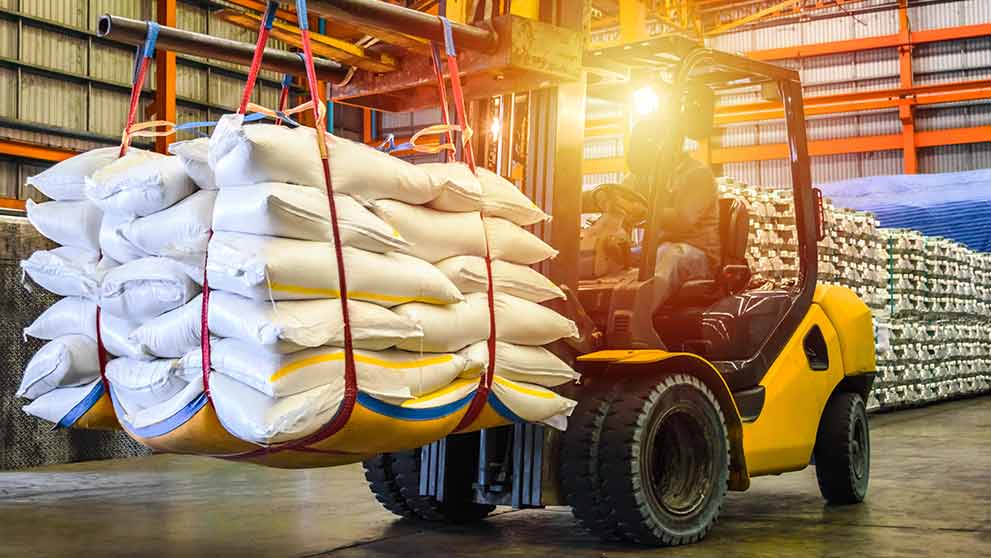Now is a pivotal moment for Nigerian SMEs to explore intra-African trade like never before. The African Continental Free Trade Area (AfCFTA) is revolutionizing commerce by establishing a unified market across 54 nations.
This transformative initiative aims to enhance trade within the continent, reduce tariffs, and streamline customs procedures, making it easier for businesses to expand their horizons. In this article, we delve into the myriad benefits and challenges of exporting within Africa and offer practical strategies to help Nigerian SMEs navigate this promising landscape.
The Rise of Intra-African Trade
Commencing on January 1, 2021, the AfCFTA aspires to forge a single market for goods and services spanning 54 countries, encompassing over 1.3 billion people with a combined GDP of $3.4 trillion. This landmark agreement is poised to substantially boost intra-African trade by reducing tariffs, simplifying customs procedures, and fostering economic integration.
In this dynamic context, Nigerian SMEs stand to reap significant rewards. World Bank projections indicate that the AfCFTA could elevate Africa’s exports to the global market by 32% by 2035, presenting a lucrative opportunity for businesses seeking to broaden their market reach. Key Nigerian export products, such as agricultural goods, textiles, and manufactured items, are in high demand across the continent, particularly in West and Central Africa.

Advantages of Exporting Within Africa
Market Expansion: Exporting within Africa enables Nigerian SMEs to tap into burgeoning markets, resulting in increased sales, revenue growth, and enhanced market presence. For example, Nigerian agricultural products like cocoa, cassava, and palm oil find ready markets in neighboring countries, reducing dependence on traditional markets like Europe and North America.
Reduced Tariffs and Barriers: The AfCFTA significantly lowers tariffs on over 90% of tradable goods within Africa, enhancing the competitiveness of Nigerian products. This reduction in trade barriers facilitates cost-effective access to other African markets, driving profitability.
Diversification: By exporting to multiple African countries, Nigerian SMEs can diversify their customer base and mitigate risks associated with reliance on a single market. This diversification fosters business stability and resilience against market fluctuations.
Challenges of Exporting Within Africa
Regulatory Hurdles: Despite the AfCFTA, regulatory disparities between African countries can pose challenges. Varying standards, documentation requirements, and compliance procedures can complicate the export process. Understanding and navigating these regulations is crucial for success in intra-African trade.
Logistics and Infrastructure: Inconsistent infrastructure and logistical challenges across the continent can impact the efficiency and reliability of exports. Issues such as poor road networks, limited rail connections, and port congestion are common obstacles that SMEs must overcome.
Financial Barriers: Access to trade finance can be a significant hurdle for SMEs. Limited credit facilities and high financing costs can impede the ability to manage export operations effectively.

Navigating Export Requirements and Regulations
To succeed in exporting within Africa, Nigerian SMEs must understand and comply with specific requirements and regulations. Here are some practical steps:
Know the Regulations: Research and comprehend the export regulations of your target markets. This includes product standards, labeling requirements, and necessary certifications. The Nigerian Export Promotion Council (NEPC) offers valuable resources and guidance on export regulations.
Documentation: Ensure all required documentation is accurate and complete. This includes commercial invoices, packing lists, certificates of origin, and export permits. Proper documentation is essential for smooth customs clearance and avoiding delays.
Leverage Trade Agreements: Utilize trade agreements like the AfCFTA to benefit from reduced tariffs and preferential treatment. Staying informed about these agreements can provide a competitive edge and facilitate smoother trade flows.
DHL: Empowering Nigerian SMEs in Intra-African Trade
Navigating the complexities of intra-African exports can be daunting, but partnering with a reliable logistics provider like DHL can make the process seamless. Here’s how DHL can support your business:
Regional Shipping Expertise: DHL offers extensive regional shipping routes within Africa, ensuring your products reach their destination efficiently and reliably. Our expertise in navigating various customs procedures across African countries ensures compliance and reduces delays.
Warehousing Solutions: DHL provides strategic warehousing solutions across the continent, enabling SMEs to store goods closer to their target markets. This reduces delivery times, minimizes shipping costs, and enhances customer satisfaction.
To benefit from these world class services, simply open a business account today.
The golden age of intra-African exports presents a wealth of opportunities for Nigerian SMEs. By understanding the benefits and challenges, navigating regulatory requirements, and leveraging the expertise of partners like DHL, Nigerian businesses can thrive in the expanding African market. Embrace this era of growth and let your business shine across the continent!














